A good night’s sleep allows us to perform better in our daily activities. However, some suffer from disorders that could affect the duration, continuity, and depth of sleep. Read what they are and the symptoms:
Rest is essential at all stages of life, as it is related to emotional intelligence (the ability to deal with hostile situations with solvency and without affecting people), the activation of the immune system, physical recovery (about energy), and mental recovery such as memory consolidation, learning, and better performance, according to Fernando Ceballos, a neurologist.
And, although this is extremely necessary to be able to carry out daily activities in the best possible way, some suffer from illnesses known as “sleep disorders.” According to Ceballos, these are all health problems that have as their denominator the fact that the quality of sleep is disturbed, which has to do with duration, continuity, and depth. “Some people assume that they sleep well because they sleep more than they should, but this is also a sleep disorder,” he adds.
The expert also refers to the International Classification of Sleep Disorders, which is a document or manual that distinguishes the types of sleep disorders according to researchers in the field: insomnia, those related to breathing, central hypersomnia disorders, sleep rhythm disorders, parasomnias or nightmares, and sleep-related movement disorders. “These occur in the waking state or during sleep,” Ceballos adds.
These diseases, although they manifest themselves in different ways, have in common that they disrupt the quality of sleep, but it is important to determine the causes because they could be confused with other conditions.
Learn about the most common sleep disorders in the population:
1. Insomnia
Do you find yourself tossing and turning in bed, spending time, and not being able to fall asleep? Although you may think it is due to a lack of comfort, you could be suffering from insomnia, which is when a patient has difficulty falling asleep. According to Ceballos, this could be caused by bad habits, such as consuming stimulants such as alcohol, carbonated drinks, or coffee. Likewise, if you have anxiety or any worries, this will prevent you from sleeping.
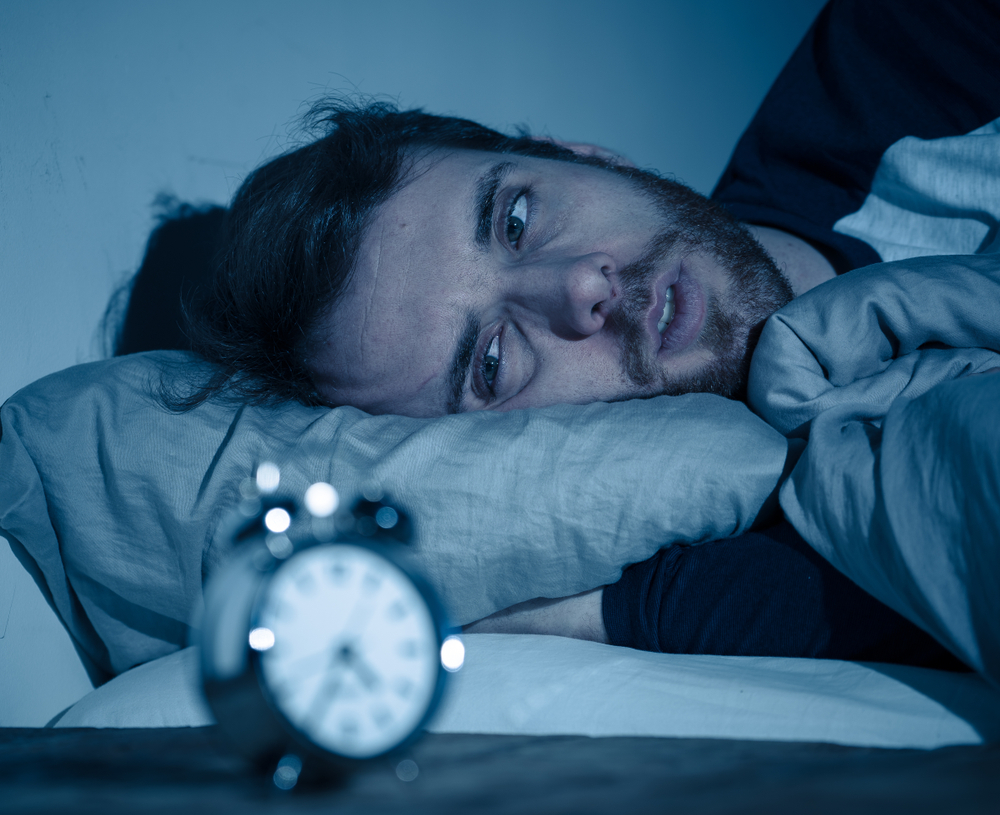
The expert says that this is harmful to the patient because it reduces the duration and quality of sleep. “After going to bed, the patient manages to fall asleep several hours later and this has major psychosocial repercussions, it could be the cause of a car accident, and during the day he is not a productive person,” he adds.
There are some pharmacological therapies to treat it, and preferably some light stretching exercises. “Aromatherapy is also recommended, as are small inhalations of lavender twigs. It could also be through a massage or special music.”
In other cases, insomnia is due to the low production of melatonin, a natural substance that is activated in the dark and sends signals to help people fall asleep. “It is because of melatonin that people fall asleep depending on the amount of light, such as at the cinema or certain exhibitions. When not enough is produced, it is necessary to consume it externally,” says the specialist.
2. Hypersomnolence
Unlike insomnia, this disorder consists of sleeping more than one should. “The person is excessively sleepy as if he or she were always tired. This can occur as a consequence of another sleep disorder, or, if it is of central origin, it is known as “narcolepsy.”
3. Narcolepsy: hypersomnia of central origin
In this case, patients constantly fall asleep and may faint when standing up. Ceballos says that when the hormone hypocretin or orexin is at low levels, the person may have a difficult day.

For these patients, it is recommended that they drive mechanical cars so that they can be turned off when they fall asleep. Likewise, they are advised to bite ice, to do physical activity, to take cold water baths, and to consume caffeine to maintain energy in the body. “There are also psychostimulant medications that allow for a very good recovery,” says the doctor.
4. Obstructive sleep apnea
This disease belongs to the disorders related to breathing and is linked to obesity and overweight. Ceballos explains that we have muscles in the neck and a lot of fat, which generates mechanical compression in the trachea and the patient, when lying down, this channel is obstructed by the weight. “This affects the continuity of sleep. When air does not enter, the body generates an adrenaline discharge to wake up and the person sits up and takes oxygen,” he says.

Here, bariatric surgery is recommended to lose weight quickly. If the patient does not want to or cannot afford to do so, he or she can choose to purchase a device that supplies oxygen and guarantees that it is supplied to him or her during the night. “While he or she loses weight, this will help him or her to improve the quantity and quality of sleep, but mainly the continuity of sleep,” says the neurologist.
5. Sleep paralysis
Have you ever woken up and, despite sending orders to move a limb, you were unable to do so? In these cases, the person becomes desperate. This is sleep paralysis, another disorder related to breathing.
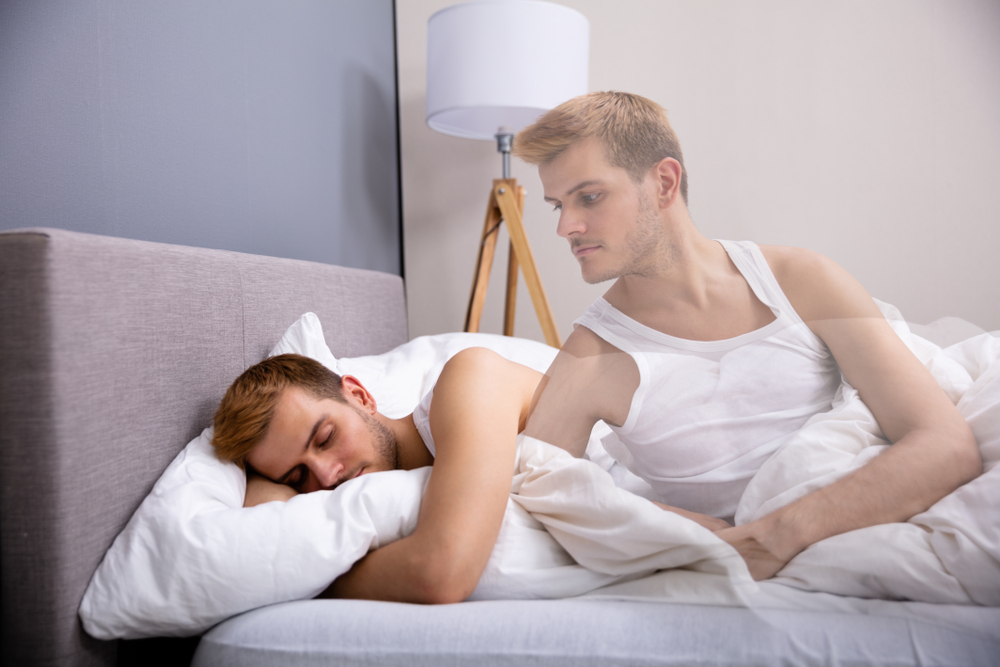
According to Ceballos, there are different phases of sleep: N1, N2, N3, and REM (Rapid Eyes Movement), which is when we dream. “Dreams are like reality, we experience them with all five senses. To stop a person from moving during the night, for example, from moving their legs if they dream that they are running, the brain disconnects the muscles that go from the neck down, except for the diaphragm,” explains Ceballos.
However, sometimes it happens that the person wakes up and, when sending the signals to move, there is a late response of connection of the muscles with the brain. This, according to the doctor, generates a traumatic situation and, to treat it, there are some drugs. Remember that these must be administered under medical prescription.
6. Sleepwalking
This sleep-related movement disorder says Ceballos, “is when there is an abnormal movement in which the body should connect with the brain, but this does not happen.” In these cases, the patient walks, sits, opens doors, and performs some activities that are not so complex.

“Waking up and not realizing that he or she is not in bed could cause a person to go into a nervous shock and start to lose confidence in himself or herself. It is therefore advisable for the family to get involved to avoid any psychological implications for the patient,” he adds.
7. Restless legs syndrome
Like the previous one, restless legs syndrome is a sleep-related movement disorder. According to Ceballos, it has a frequency of 5% in the entire population. That is, out of every 20 people, there is one who suffers from it.
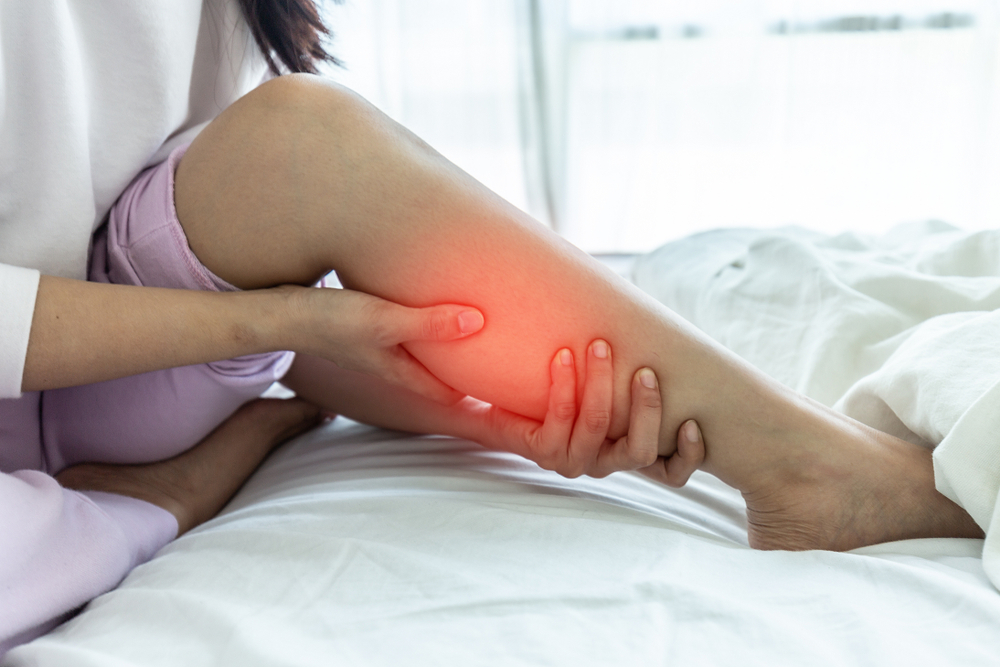
“This has to do with a problem in which dopamine, which is produced by iron, is not synthesized,” he says. For this reason, people who suffer from anemia tend to suffer from it and their recovery is through a diet rich in iron.
The peculiarity of this disease is that it occurs before falling asleep, as it manifests itself with pain and pressure in the legs, which prevents sleep. According to the neurologist, this is removed with cold compresses that reduce the discomfort. In other cases, it can be caused by dopamine deficiency, so be sure to find the cause with the experts to receive the appropriate treatment.
8. Circadian rhythm disorders
According to Ceballos, this disorder becomes very common during the holiday season. “There are parties, social gatherings, and people sleep very late, disrupting the biological clock. In this way, patients are unable to maintain the rhythm of life they had and the quality of sleep is compromised,” he says.

So it is advisable to maintain discipline, not drink too much alcohol, and maintain good habits. The same applies to people who travel, especially to countries where there is a time difference. Keep in mind that it is important to find the causes to receive the treatment you need and, in this way, improve the quality of your sleep.










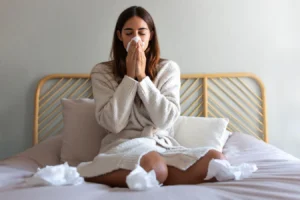


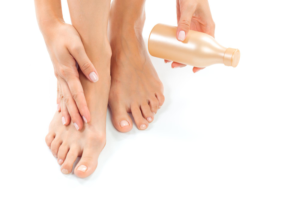









+ There are no comments
Add yours